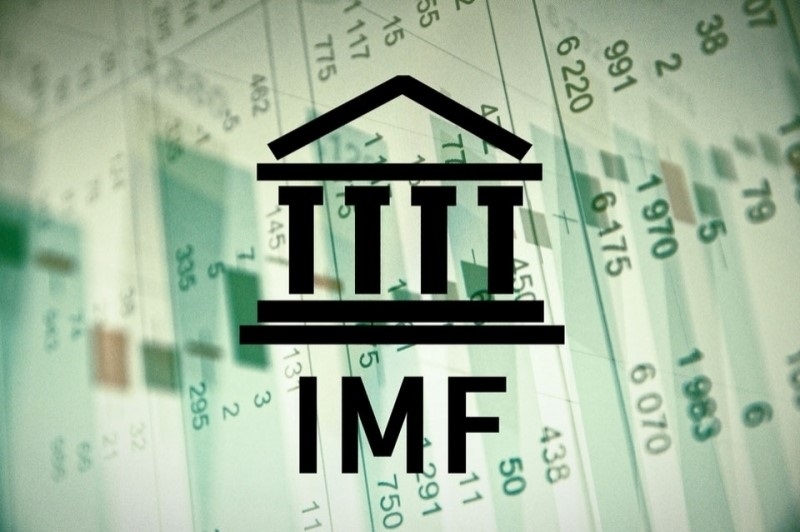IMF Executive approved the second revision of the Georgia’s three-year program supported by the Extended Fund Facility. This program commenced on 12th of April 2017 with access of SDR 210.4 mln (approximately 285 mln USD, 100% of Georgia’s quota) to support economic reform programs.
Successful approval of the review by IMF Executive Board makes SDR 30 mln accessible for Georgia, which is equal to 42.25 mln USD. The rest of transfers envisaged by the program will be made in case of successful approval of four more reviews, which will be conducted twice a year.
By the end of IMF Executive Board meeting, Mr. Tao Zhang, Deputy Managing Director of IMF and acting Chairperson of the meeting stated:
“Georgia has made notable progress under the IMF-supported program. All end-December quantitative performance criteria were met, most with significant margins, while most structural benchmarks have been implemented.
Economic growth has been stronger than initially envisaged, inflation has declined, the fiscal and external positions have improved, and public debt continues to decline. Important progress has also been made in implementing the structural reform agenda. Although risks to the outlook are balanced, Georgia remains vulnerable to external shocks, including from market volatility in major trading partners. Prudent macroeconomic policies and implementation of structural reforms are critical to address remaining vulnerabilities and promote higher and more inclusive growth.
Fiscal policy will remain slightly contractionary in 2018. Tight control of current spending and higher fiscal revenues, supported by improved economic activity, will be used to refund additional VAT credits, increase capital spending, and narrow the fiscal deficit. Reforms should continue to strengthen revenue administration, monitor and contain fiscal risks, and improve the fiscal rule.
The monetary policy stance remains adequate. The inflation targeting framework, supported by the floating exchange rate regime, has served Georgia well, and efforts to strengthen the framework should advance. The central bank should continue close monitoring of price and wage pressures, and monetary and financial conditions, to support an adequate monetary stance.
Financial sector reforms under the program have strengthened financial supervision and regulation. However, Georgia’s crisis management framework needs to be brought in line with best international practices, including by improving crisis management procedures and the frameworks for bank resolution and emergency liquidity assistance.
Growth-enhancing structural reforms have been initiated and should be accelerated to foster private sector-led activity over the medium term. Advancing reforms to scale up infrastructure spending and improve education and competitiveness are key to promote sustainable and inclusive growth.”
"Forbes Georgia-ის სარედაქციო ბლოგპოსტების სერია "როგორ გამდიდრდა“ და "საქართველო რეიტინგებში".
















